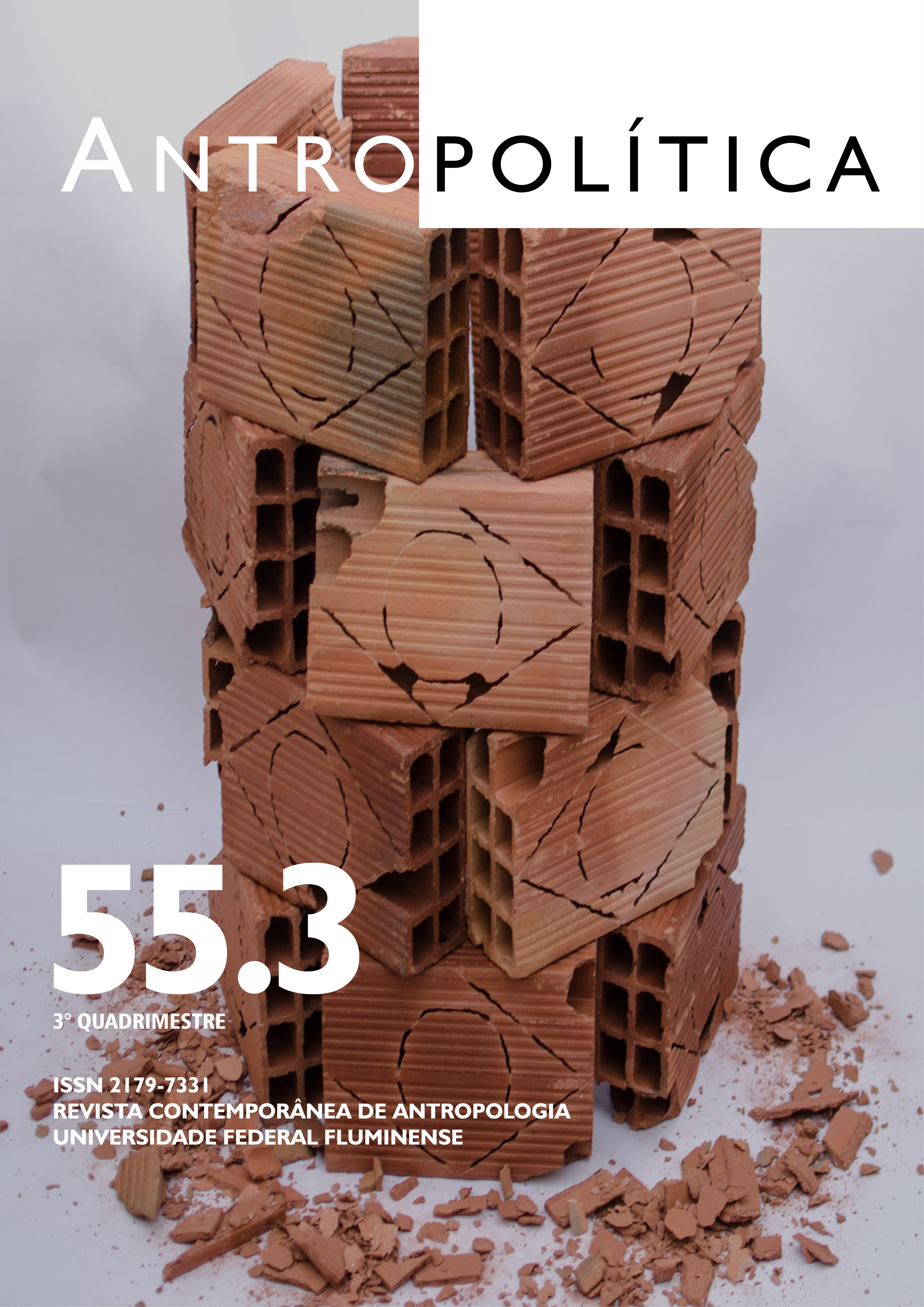E-sisters: digital sisterhood between bodies-subjects for removal of the Essure® sterilization device
DOI:
https://doi.org/10.22409/antropolitica.i.a56526Keywords:
Reproductive sterilization, Tubal ligation, Reproductive health, Reproductive rights, Social justice.Abstract
Over many years a biomedical sterilization device for women was promoted and commercialized by the pharmaceutical Bayer in many countries, including Brazil (from 2009 to 2017). A number of public hospitals that make up the Brazilian Unified Health System (Sistema Único de Saúde - SUS) implanted the Essure® device in women who wanted/desired tubal sterilization. Presented by medical staff as a safe and innocuous procedure easily managed in clinical settings, the device was inserted into many women as a permanent means for controlling reproduction. There were some local repercussions of repeated failures in its approval by North American regulation offices (FDA), as well as lawsuits by North American women against the pharmaceutical that produced the device due to health problems that ensued from its insertion. When becoming aware, through social networks, of other women with similar symptoms, Brazilian women who had the device implanted in them also organized themselves, seeking out means for removing the device from their bodies through public health services. The silence of medical authorities and the abandonment of women who trusted in health professionals working in hospitals referred to by the SUS in the main capital cities of Brazil turned them into “victims of the Essure”, making them seek out legal damages and surgical ways of removing the device. A sort of collective and political apprenticeship has been constructed through digital networks, mediating the exchange of experiences, information, and knowledge-power, in the quest to become “e-free” – that is, free of Essure.
Downloads
Published
How to Cite
Issue
Section
License
Copyright (c) 2023 Elaine Reis Brandão

This work is licensed under a Creative Commons Attribution 4.0 International License.
O conteúdo da revista Antropolítica, em sua totalidade, está licenciado sob uma Licença Creative Commons de atribuição CC-BY (http://creativecommons.org/licenses/by/4.0/deed.pt).
De acordo com a licença os seguintes direitos são concedidos:
- Compartilhar – copiar e redistribuir o material em qualquer suporte ou formato;
- Adaptar – remixar, transformar, e criar a partir do material para qualquer fim, mesmo que comercial;
- O licenciante não pode revogar estes direitos desde que você respeite os termos da licença.
De acordo com os termos seguintes:
- Atribuição – Você deve informar o crédito adequado, fornecer um link para a licença e indicar se alterações foram feitas. Você deve fazê-lo em qualquer maneira razoável, mas de modo algo que sugira que o licenciante o apoia ou aprova seu uso;
- Sem restrições adicionais — Você não pode aplicar termos jurídicos ou medidas de caráter tecnológico que restrinjam legalmente outros de fazerem algo que a licença permita.


